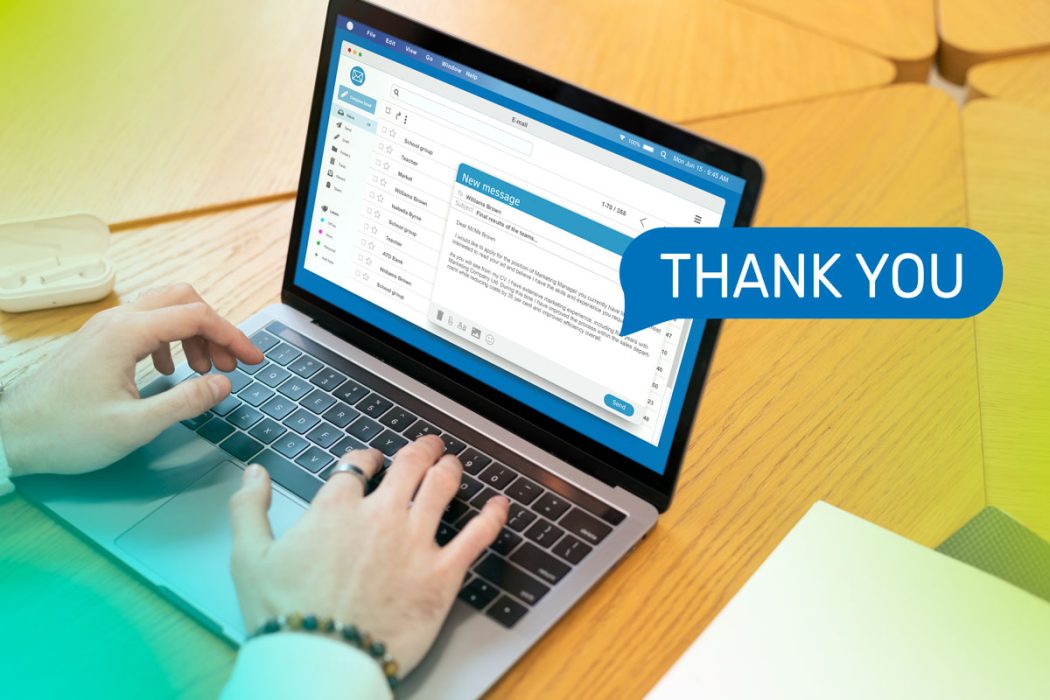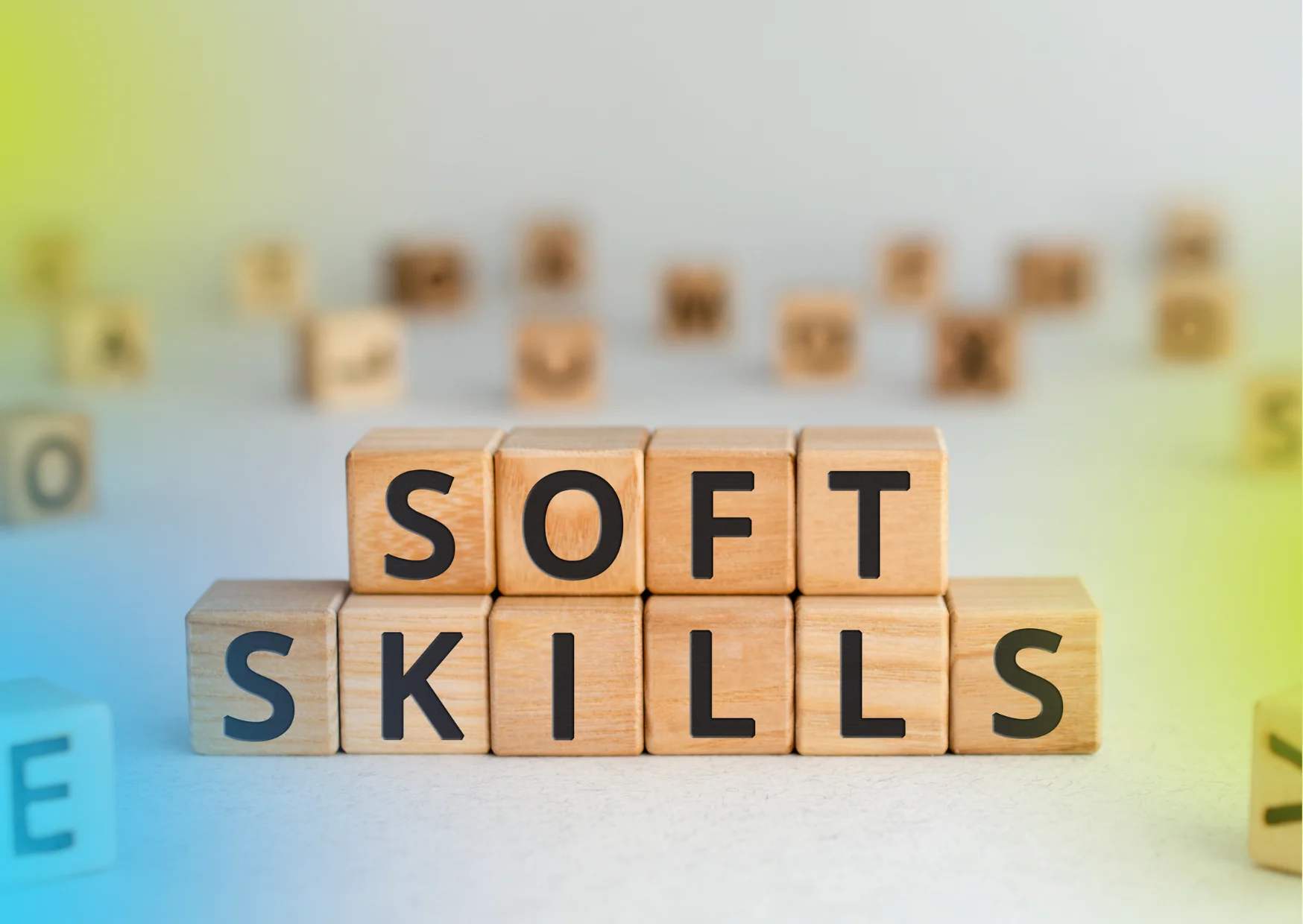Are thank you email still a relevant etiquette in 2024? While this practice is less and less talked about as a to-do in one’s job-search, the etiquette surrounding thank you emails after interviews remains a topic of debate. Once considered a staple in post-interview protocol, the question now arises: Is sending a thank you email still necessary in 2024? Let’s delve into the nuances of this practice to uncover why it’s more of a “should do” than a “must,” when it’s most effective, and what elements can make your thank you email stand out in a competitive job market.
Is Sending a Thank You Email Still Necessary?
In an era where communication channels have diversified and time is of the essence, the significance of thank you emails has evolved. While they may not be a make-or-break factor in securing a job offer, they still hold value in showcasing your professionalism, gratitude, and attention to detail.
Depending on the industry, satistically, only 57% of candidate send thank you emails following their interview. With that be said, you can use this chance to stand out from your competition.
It’s a “Should Do” Instead of a “Must” – Why?
Demonstrates Appreciation: A well-crafted thank you email expresses gratitude for the interviewer’s time and consideration, fostering a positive impression.
Keeps You Top of Mind: Sending an email allows you to reiterate your interest in the position and reaffirm your qualifications, reinforcing your candidacy.
Reflects Professionalism: In a competitive job market, every interaction counts. A thoughtful thank you email highlights your professionalism and follow-up skills, setting you apart from other candidates.
When Should You Send a Thank You Email?
Timing is crucial when it comes to sending thank you emails. Aim to dispatch your message within 24 hours of the interview while the encounter is still fresh in the interviewer’s mind. This prompt action demonstrates your eagerness and attention to detail.
What Should You Include in the Thank You Email?
Personalized Greeting: Address the interviewer by name to add a personal touch and demonstrate your attentiveness.
Express Gratitude: Begin your email with a sincere expression of gratitude for the opportunity to interview for the position.
Reiterate Interest: Reaffirm your interest in the role and the company, highlighting specific aspects of the conversation that resonated with you.
Highlight Your Qualifications: Briefly summarize your key qualifications and how they align with the job requirements, reinforcing your suitability for the role.
Ask Follow-Up Questions (if applicable): If certain topics or concerns were discussed during the interview, use the thank you email as an opportunity to address them further or seek clarification.
Closing Statement: Conclude your email with a courteous closing statement, expressing your enthusiasm for the possibility of joining the team.
Crafting Your Thank You Email: A Final Note
While sending a thank you email after an interview may no longer be an absolute necessity, it remains a valuable tool in your job-seeking arsenal. By approaching it as a “should do” rather than a “must,” you can leverage this gesture to leave a lasting impression on prospective employers. Remember, the devil is in the details – a well-timed, thoughtful thank-you email could be the extra push you need to land that dream job in 2024.





